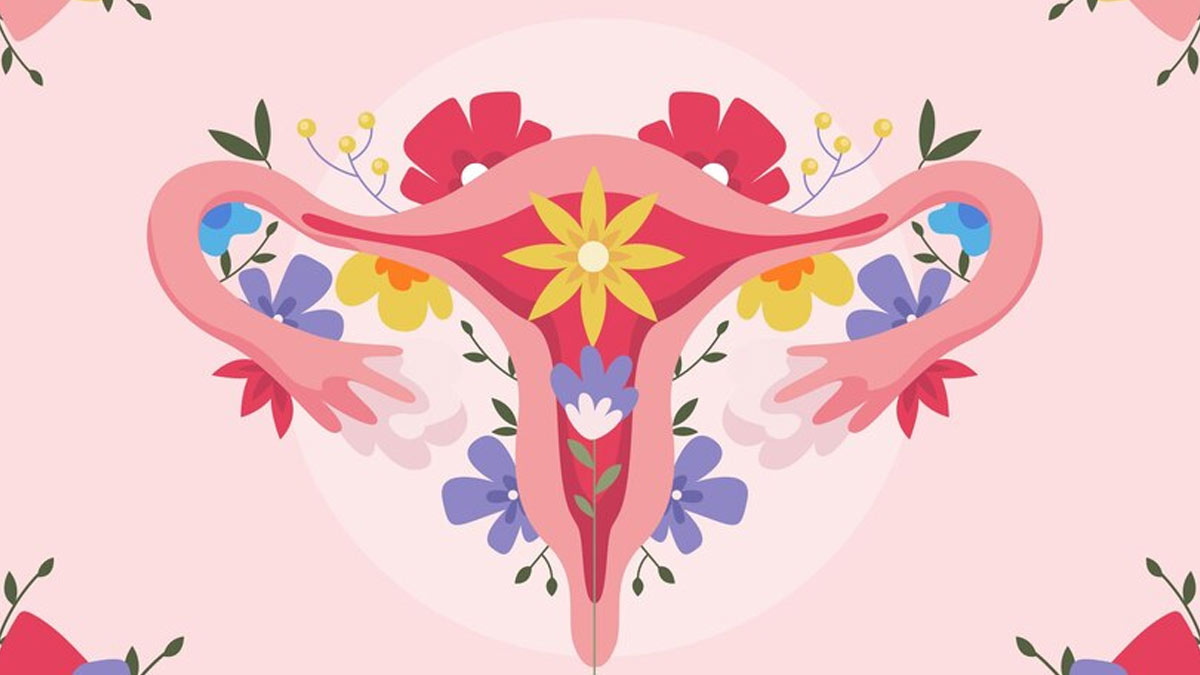
Polycystic Ovary Syndrome (PCOS) is a hormonal disorder affecting women in the reproductive age group. The symptoms usually begin during adolescence but escalate over the years. PCOS may cause hormonal imbalances, irregular periods, excess androgen levels, and cysts in the ovaries in individuals affected by it.
To understand the symptoms and treatment of PCOS, we spoke to Dr Kavyashree T S, Consultant – Obstetrician and Gynecologist at Motherhood Hospitals, HRBR Layout, Bengaluru.
“One of the hallmark signs of PCOS is irregular or absent menstrual periods. Women may experience fewer than eight periods a year or have cycles that are longer than 35 days,” says Dr Kavyashree

PCOS can result in irregular ovulation or anovulation (lack of ovulation), affecting fertility and increasing the risk of infertility.
Increased levels of male hormones, like testosterone, may lead to excessive facial and body hair (hirsutism), severe acne, and oily skin.
Dr Kavyashree advises, “Ovaries may become enlarged and contain numerous small cysts, which can be seen on an ultrasound. These cysts are typically less than 10 mm in diameter.”

Women with PCOS may experience weight gain or have difficulty losing weight, resulting in exacerbated insulin resistance. This leads to higher insulin levels in the blood, contributing to weight gain and increasing the potential for type 2 diabetes.
Don't Miss: 3 Most-Searched Diets For PCOS
The treatment for Polycystic Ovary Syndrome (PCOS) includes altering lifestyle and medications. Here’s a detailed look at the treatment options available:
“Adopting a balanced, nutrient-rich diet can help manage symptoms and improve overall health. Consume whole foods, lean proteins, healthy fats, and low-glycemic index foods,” says Dr Kavyashree. Reduce processed sugars and carbohydrates to improve insulin sensitivity and support weight management.
Exercising regularly including aerobic exercises (like walking or cycling) and strength training, can enhance insulin sensitivity, support weight loss, and help regulate menstrual cycles.

“Losing even a small amount of weight (5-10% of body weight) can have a significant impact on reducing PCOS symptoms, improving insulin sensitivity, and regulating menstrual cycles,” suggests Dr Kavyashree.
One must follow these tips to regulate their health and treat PCOS for a healthy lifestyle. However, consult a gynaecologist if you require personalised treatment.
Don't Miss: Have PCOS And Planning Pregnancy In 30s? Doctor Weighs In
If you liked this story, stay tuned to HerZindagi for more!
Herzindagi.com is Jagran New Media's gender and lifestyle vertical, catering to women of all age groups, helping them remain updated, on-trend and aware. To improve our performance and understand our readers' interests better, we have created this poll. This will take 2 minutes of your time, do help us out. Click here to fill out the form.
Image courtesy: Freepik
Also watch this video
Herzindagi video
Our aim is to provide accurate, safe and expert verified information through our articles and social media handles. The remedies, advice and tips mentioned here are for general information only. Please consult your expert before trying any kind of health, beauty, life hacks or astrology related tips. For any feedback or complaint, contact us at [email protected].